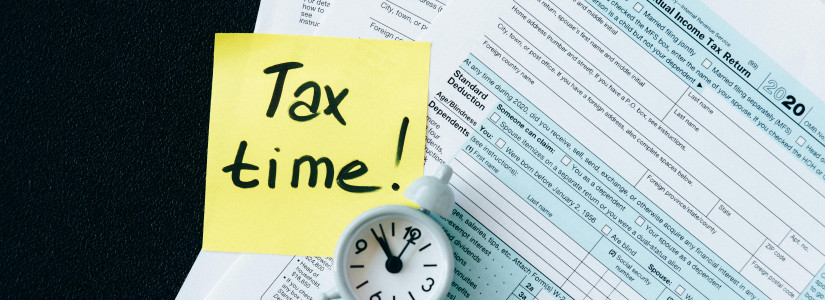Maximizing Deductions for Home Office Expenses

Working from home has become increasingly common, making it essential to understand how to maximize deductions for home office expenses.
The IRS allows taxpayers who use part of their home exclusively and regularly for business purposes to claim a home office deduction, which can significantly reduce taxable income.
Calculating the Deduction
To qualify for the home office deduction, the space must be used exclusively and regularly as your principal place of business, or where you meet clients or customers in the normal course of business.
The deduction can be calculated using either the simplified method or the regular method.
The simplified method allows a deduction of $5 per square foot of home used for business, up to a maximum of 300 square feet.
This method is straightforward but might result in a smaller deduction compared to the regular method, which involves calculating actual expenses such as mortgage interest, insurance, utilities, repairs, and depreciation.
Don't know what to do? Help is here!
Record-Keeping and Expense Categories
Homeowners and renters alike can benefit from these deductions.
For those using the regular method, it's crucial to maintain meticulous records of all expenses.
Deductible expenses can be categorized into direct and indirect expenses.
Direct expenses, such as painting or repairs in the home office, are fully deductible.
In addition to the home office deduction, taxpayers should consider other government benefits and credits.
For instance, the Small Business Health Care Tax Credit helps small businesses and tax-exempt organizations afford the cost of covering their employees' health insurance premiums.
Additionally, the Economic Injury Disaster Loan (EIDL) program offers low-interest loans to small businesses affected by disasters, including the COVID-19 pandemic.
According to a survey by Upwork, 41.8% of the American workforce was working remotely at the end of 2020, highlighting the relevance of home office deductions.
As remote work continues to be prevalent, understanding and utilizing these deductions can lead to significant tax savings.
Conclusion
By taking full advantage of home office deductions and related government benefits, small business owners and self-employed individuals can optimize their tax strategy and potentially save thousands of dollars each year.
Always consult with a tax professional to ensure compliance with IRS rules and to maximize your deductions effectively.
Don't Miss:











